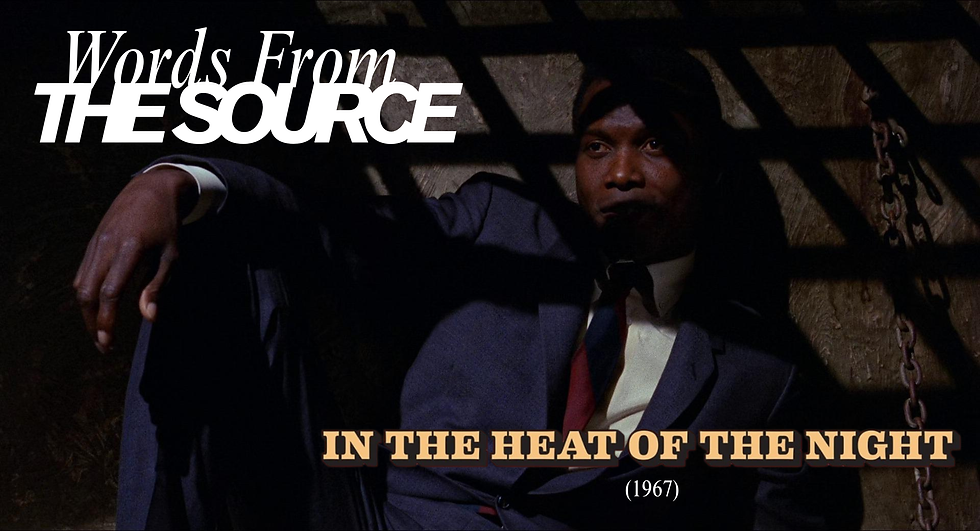Civil War: Deliberately Vague
- The Source
- Apr 17, 2024
- 4 min read
Updated: Jun 6, 2024

The President of what remains of the United States of America stammers through the rehearsal of his speech attempting to remain stoic. Fumbling with his words until he settles on what feels right— what best gives the perception of things being under control. "Some say it is one of the greatest victories in the history of military campaigns."
"That'll do."
Nick Offerman, credited under just "President" with no given name, shines in the little screen time he's given as a caricature of a politician— cowardly and vain amidst the collapse of his nation. This opening scene sets the conflicted tone of the film, a balancing act of poignant satire with a gaping hole of context.
In essence, all of Civil War functions as purely a snapshot (excuse the pun) of the human condition when faced with such a conflict. The film thrusts you directly into the waning stages of the war. As the Western Forces of California and Texas encroach upon D.C., a band of journalists set out on a mad dash from New York to D.C. to nail down an interview with the President before the war's conclusion. It is through this lens, both literally and figuratively, that Civil War is framed. Lee (Kirsten Dunst) , a veteran war photographer, anchors the film's conscience. You see firsthand how the horrors of combat grind her down emotionally, the trauma conveyed to you as she dissociates in her bathtub with the flashing stills of bloodshed haunting both her and the viewer.
Lee is idolized by the young and reckless Jessie (Cailee Spaeny), an aspiring photojournalist who hitches herself along for the trek to D.C. Though introduced to you as naïve and deeply shaken by war, her experiences later calcify that fear into adrenaline. She chases that rush in the vain that news outlets chase headlines. "If it bleeds, it leads", as the old saying goes in journalism. With Lee's psyche deteriorating, Jessie's idol's passion wanes as hers is just beginning to wax.
"I've never been so scared in my entire life. And I've never felt so alive." - Jessie
"Once you start asking those questions you can't stop. So we don't ask. We record so other people ask." - Lee

Jesse Plemons continues to prove that he is one of the finest character actors of this generation. Rather than fall into a type casted villain— a role in which he has played with precision all the way from Breaking Bad to Judas and the Black Messiah— he manages to infuse each performance with a reserved coldness and an absolute command of the moment. His scene in Civil War is possibly the film's most tense. Just try not to think too hard about which side is doing what to who or what the standard uniforms are, because this movie keeps that nice and foggy.

Alex Garland partnered with longtime collaborator and cinematographer Rob Hardy as well as editor Jake Roberts who worked together to achieve the film's arresting visual direction. POV shutter clicks momentarily capture you into a still frame, locked into the intensity of the moment. The absence of audio upon a blast's concussion creates an eerie stillness. With the right eye there's some creative imagery mirroring the Vietnam War, as Western Forces choppers fly low along the river's edge and through the dense trees of rural America. The final shot of the film leaves you with familiar imagery as well, mirroring the bravado in which U.S. soldiers have posed atop slain terrorists and contorts the roles here.
The degradation of man that war brings is put well on display, but so too is the warmth of the human spirit. An empty football stadium is converted for refugees of their own country; there is an irony in that twist on the American pastime. Inside are parents soothing their babes, children reading by the fire, families making their own light upon the destruction of the American way of life. When the group stops on their journey through a town apparently unphased by the war, the familiarity of suburbia is illustrated in a wistful nostalgia before the mirage of what they once remembered is shattered.

Civil War is as much a film about a civil war as Mad Max is about a nuanced geopolitical conflict. Both movies force you to accept the reality of its world as you enter it, and the ride begins only after. Or like in George Orwell's 1984, the lack of what leads up to this dystopian collapse is shrouded in vagueness. The idea of Eurasia, Oceania, and Eastasia are outlined in Orwell's novel— as is the fractured Union and its secessionist states in Civil War— but the details leading up to these of these origins are left to the imagination. Considering Alex Garland's directorial debut with Ex-Machina, the filmmaker has penchant for stories of cautionary foretelling. He even penned his screen writing debut with the epidemic-dystopian flick in 2002 titled 28 Days Later, so you can astutely see where this man's mind is at.
One could say Civil War stays away entirely from any ideology or context as to avoid upsetting either side of the political spectrum. The film is deathly careful not to align any stereotypes too closely to either faction. Be that as it may, it allows you to examine the human cost of a nation at war with itself without being bogged down by all those silly little details, who needs them anyway? Truly though, this lack of exposition does make the film feel hollow in scope, and can be disappointing to some considering the direction in which it was marketed by A24. All things considered, Civil War remains a poignant what if.



Superb!!!